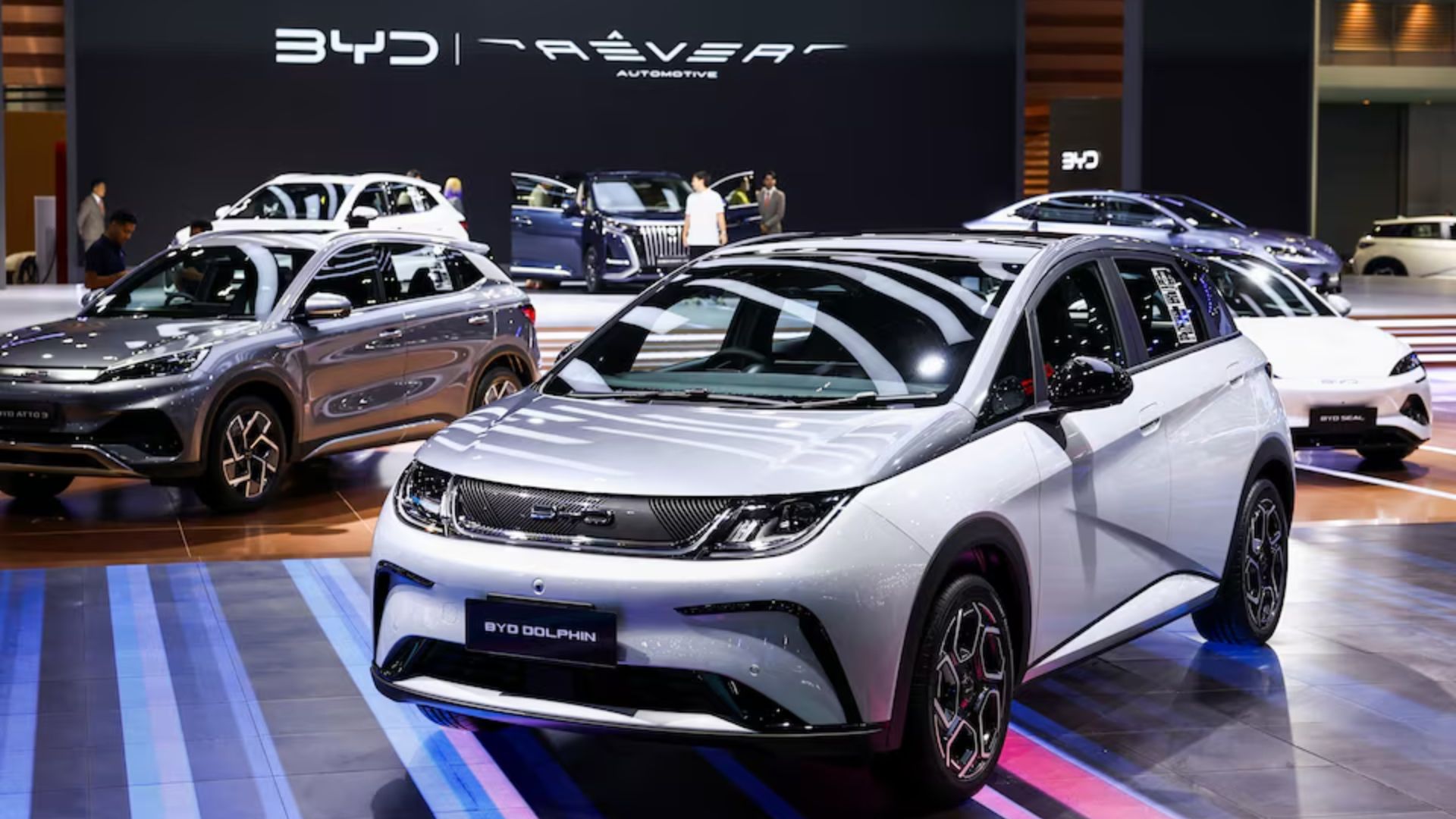BEIJING, (Reuters) – BYD, China’s biggest electric vehicle (EV) maker, reported first quarter 2024 sales fell 43% compared to the fourth quarter of 2023, handing back the title of world’s biggest EV seller to Tesla after winning it last year.
BYD sold 300,114 EVs in the first quarter of this year, it said in a filing to the Shenzhen Stock Exchange late on Monday, down from a record quarterly high of 526,409 units sold in the previous three-month period, when it surpassed Tesla. BYD’s first-quarter sales were up 13.4% from a year ago.
But, BYD’s quarterly drop means Tesla took back the sales title based on first-quarter deliveries for Tesla of 386,810, a decline of 20.2% from the prior quarter and 8.5% from a year ago.
Tesla’s decline comes amid softer overall demand and a slowdown in the Chinese market where local rivals led by BYD upped the ante in a price war for buyers. Tesla sold 89,064 China-made vehicles in March, up 0.2% from a year earlier, data from the China Passenger Car Association showed on Tuesday.
However, Tesla taking back the sales crown illustrates its global clout will not be easily challenged, especially as both companies expect a slowdown in Chinese EV sales growth this year. It also demonstrates that BYD’s short-lived dominance followed from its domestic price cuts.
BYD sold 626,263 units of all vehicle types in the first quarter, up 13.4% from a year earlier, but down 33.7% from a record quarterly high of 944,779 in the fourth quarter, the stock exchange filing showed.
March sales were 302,459 vehicles, a 46% jump from a year earlier and its second-highest monthly sales tally. BYD reported an all-time monthly high of 341,043 units in December.
Sales of its purely electric models hit 139,902 in March, a 36.3% increase year-on-year, while sales of plug-in hybrids rose 56.4% to 161,729 units.
BYD has responded since February to the price war Tesla started early last year in China by cutting prices on the latest versions of its line up by 5%-20% from earlier iterations.
Last week, BYD set a 3.6-million-unit sales target for 2024, a 20% increase from its record-breaking sales last year, Reuters reported citing sources.
Reporting by Qiaoyi Li and Brenda Goh; Editing by Christian Schmollinger and Chizu Nomiyama











